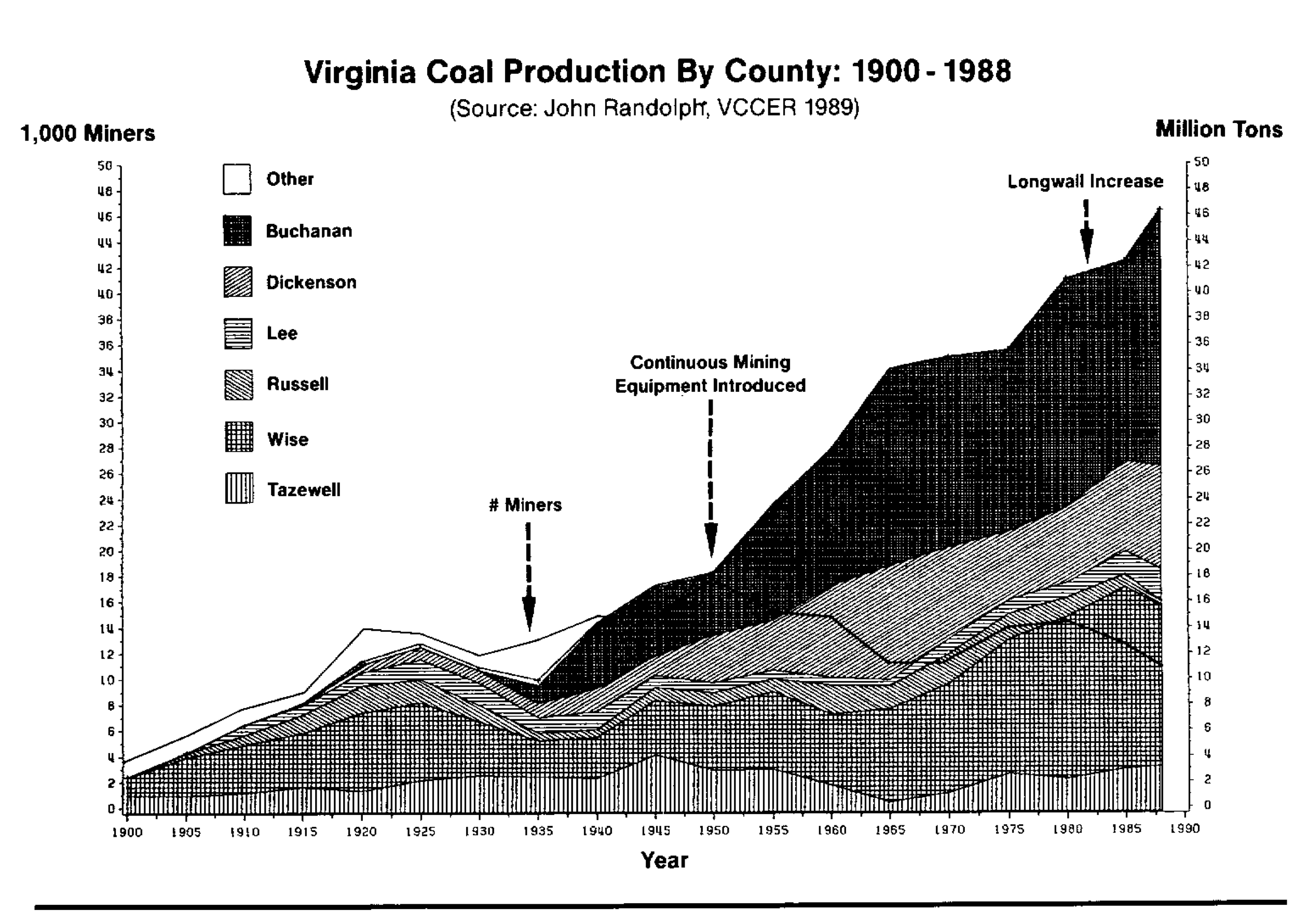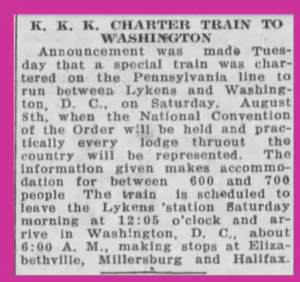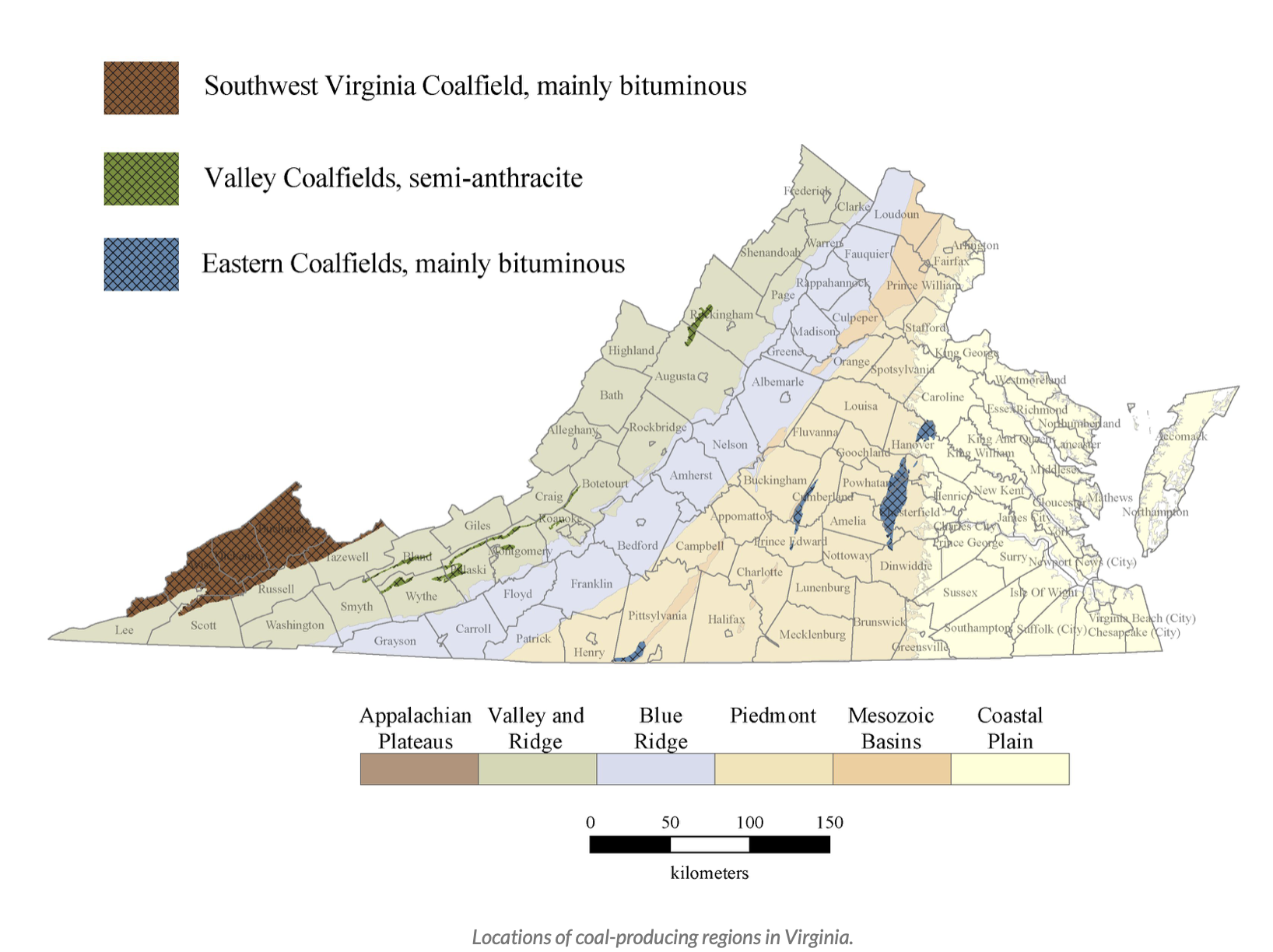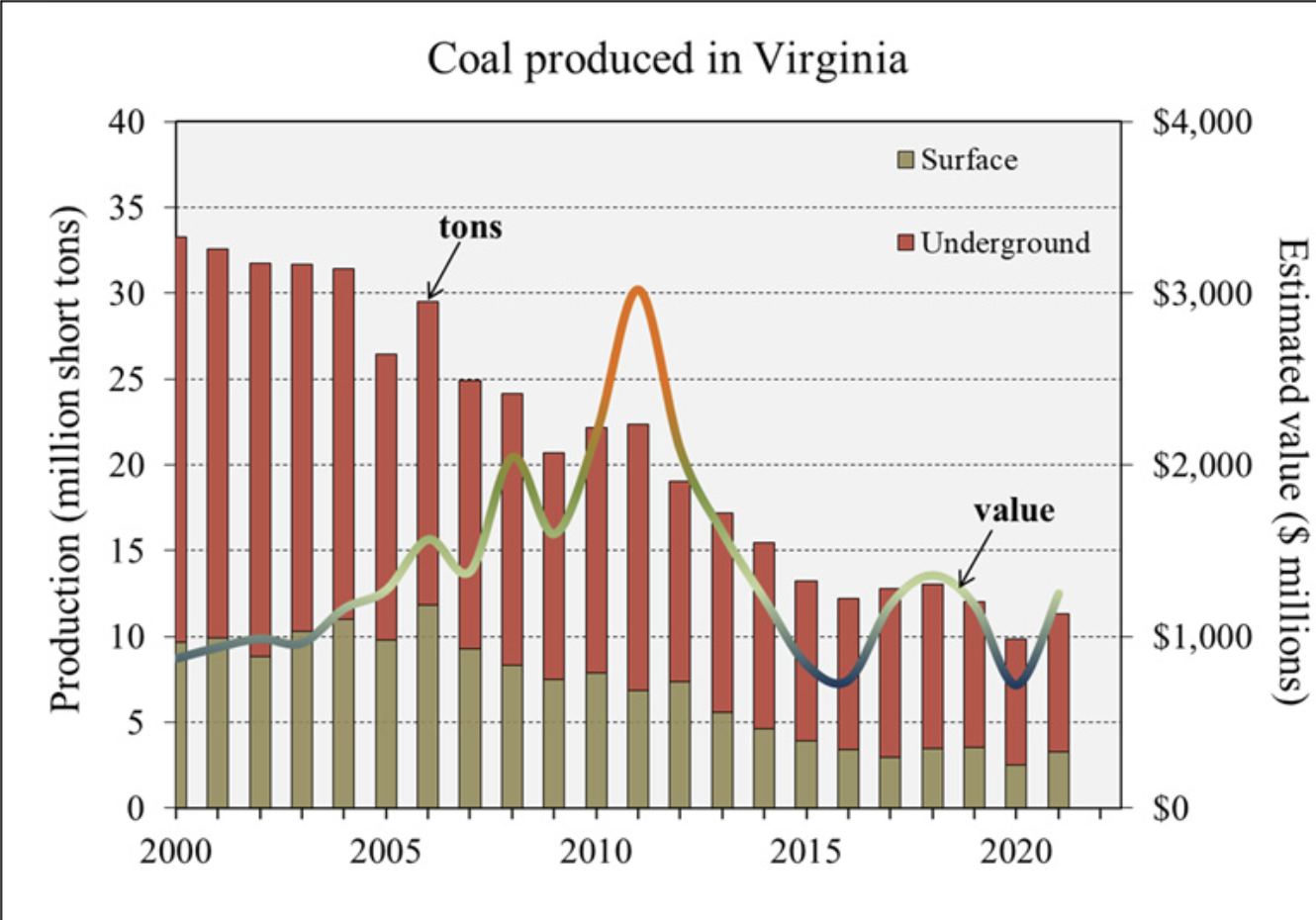
by James C. Sherlock
When we talk of coal today, which is seldom, it is usually not treated well.
It is easy to forget (if some even know) that coal powered the industrial revolution, made America the richest nation in the world and fueled American war production that supported allied victories in both world wars in the 20th century.
Coal powered nearly everything starting in the early part of the 19th century. Power plants, trains, ships, and virtually anything else powered by steam used coal to boil the water.
The iron and then steel-making process depended then, and still does, on coking coal.
Coal — and the co-dependent railroads — played big roles in Virginia history.
I strongly recommend to you Virginia Coal, An Abridged History. It was published in 1990 by the Virginia Center for Coal & Energy Research at Virginia Tech.
Perspective on coal production. America wrestled industrial leadership from Great Britain when we exceeded that country as the world’s leading coal producer in the 1890’s.
The 1900 census recorded 350,829 coal workers — miners and helpers — in the Unites States. Most of them mined bituminous coal.
By the time of the 1902 mining census, coal mining was easily the most valuable extraction industry in the world. The value of 1902 coal production in the United States, adjusting for inflation, was over a trillion 2023 dollars.
The production was more than 3.5 tons per capita of the entire 83 million population of the United States.
Pennsylvania was by far the dominant coal producer. It produced over 100 million tons of coal in 1902. Virginia produced about 2 million tons.
That census kept track of the number of boys under 16 working in the mines. They were about 3% of the work force.
Immigrant miners. Most of the coal miners in the United States at that time, and those that started most of Virginia’s mines, were immigrants from Europe or their direct descendants. Most were from Austria, Germany, Ireland, England, Wales and Scotland.
My father’s family were Irish Catholic coal miners who immigrated to work the mines in Western Pennsylvania.
Catholic and Black miners were targeted by the KKK.
My father told of his mother, a school teacher, being banned from teaching in the public schools in their Pennsylvania county. The Ku Klux Klan had as many as 250,000 Pennsylvania members in its heyday in the 1920s.

The chartered train advertised above was going from Lykens Pa. to the national convention of the KKK in Washington D.C. in 1925.
Virginia. Virginia has three coal regions, only one of which, in Southwest Virginia, is still active.
Virginia coal and Virginia history are forever intertwined. Civil war battles were fought over Virginia coal.
You will read in Virginia Coal that as the frontier advanced, the coal fields in the Richmond area, then in Montgomery and Pulaski counties, then in the Appalachian region of Southwest Virginia developed.

Segregation, company towns, labor unrest, unionization, and culture clashes all followed coal development.
Along with the railroads.
Now Norfolk Southern carries 85% of Virginia coal, much of it to the export piers in Hampton Roads, the largest coal export terminal in the United States. Virtually all of that coal now from Southwest Virginia.
Virginia coal production has continued to decline along with its economic value. Statistica reports Virginia had 5,261 coal mining jobs in 2011, 1,942 in 2021.

But it has been a hell of a run.
Virginia Coal offers those interested in Virginia history an important perspective.
It’s a great short read.

Leave a Reply
You must be logged in to post a comment.